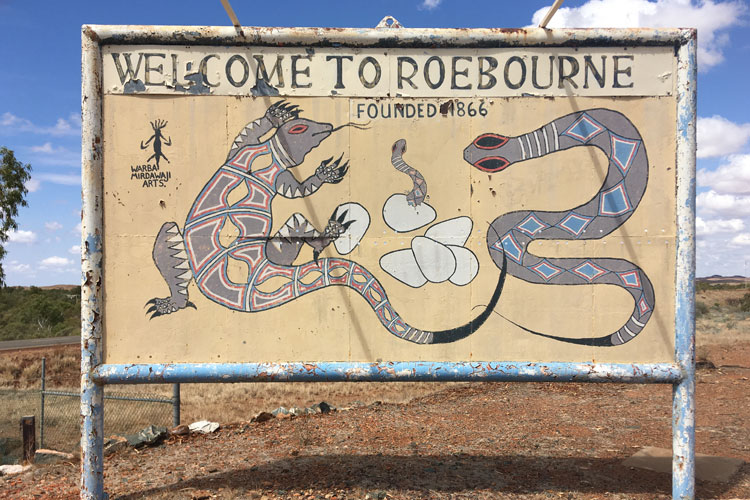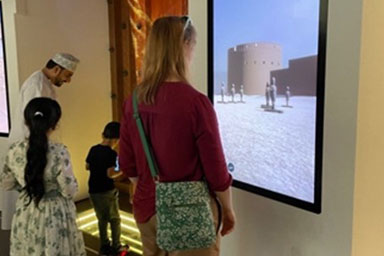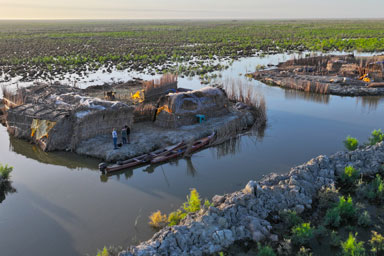Key research pillars
Heritage research encompasses a wide range of topics and disciplines. Here at the Heritage Institute, we have created five key pillars under which work across the University can be grouped.

Collaborate with us
Find out more about the technology and services available with our research partners at the Digital Innovation Facility (DIF).




